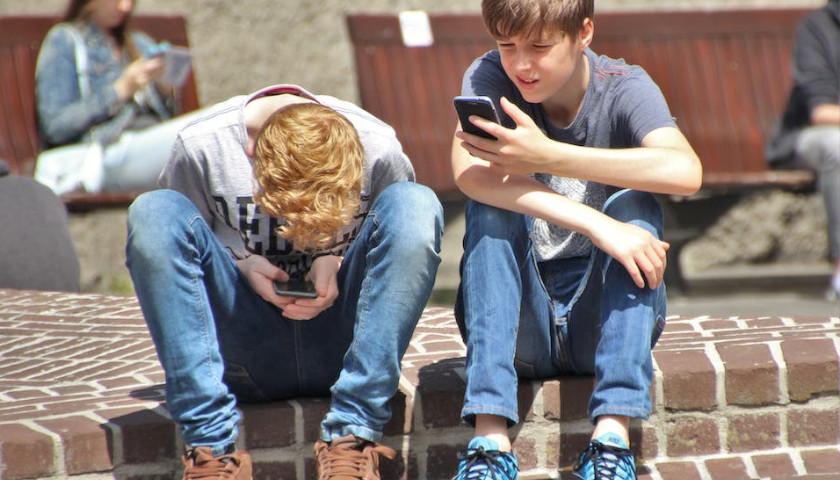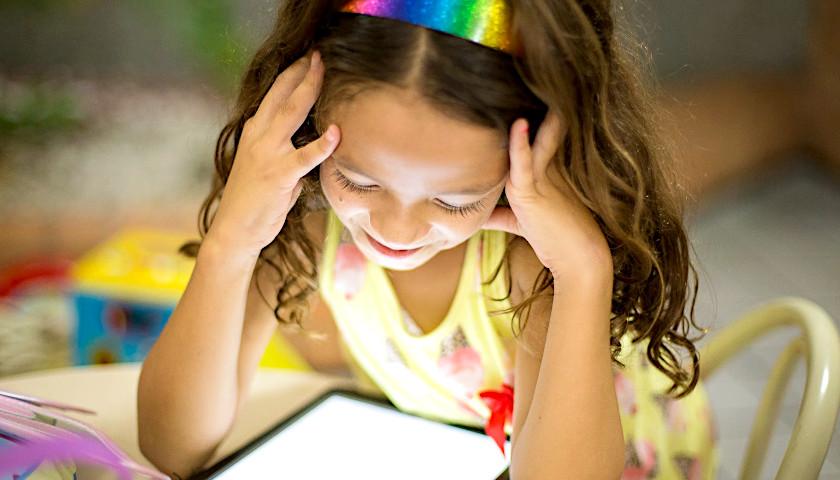by Eric Lendrum
A new study from Pew Research Center reveals that 1 in 5 American teenagers are on social media websites “almost constantly.”
As reported by Axios, the Pew survey, an online poll with a sample size of 1,453 kids in the 13-17 age range, recorded a significant rise in social media use among that particular age group compared to a previous survey in 2014 and 2015.
Roughly half of all teens admit to being on the internet overall “almost constantly,” which is double the 24% who said so in the 2014-2015 study. YouTube is ranked as the most popular social media site for these teens, with 9 out of 10 teens admitting to using it, and 71% using it at least once per day.
Other sites frequented by American teens are TikTok, with 63% using it, compared to 60% on SnapChat and 59% on Instagram. However, the older social media sites are seeing a noticeable decline, with just 33% of teens using Facebook and 20% using X, formerly known as Twitter.
A new addition to the poll’s list of social media sites is BeReal, an app where users are asked to send their friends one photo per day in real time, documenting either where they are or what they are doing. The study found that just 13% of teens are using this app.
Pew’s findings reflect a clear trend of young Americans being increasingly addicted to social media on a daily basis. Another study earlier this year by Gallup found that, on average, teenagers spend at least 4.8 hours on social media per day, with 51% of teens spending at least 4 hours. Older teenagers and girls are by far the most prolific users of social media.
Such findings are raising new questions about how, or even if, parents and doctors can adequately safeguard teenagers from the risks of constant social media use, which can range from harassment and cyberbullying, to mental health issues and physical effects such as poor posture and declining eyesight. Despite such risks, teenagers insist that they feel as if their lives are improved by social media, as it allows them to feel less lonely and be entertained on a regular basis.
“Teens are more likely to say social media has had a negative effect on others rather than on themselves,” says Monica Anderson, one of the lead researchers on the Pew report. “There’s a lot of cultural debate over the impact on their mental health. For us to understand the impact, it’s important for us to get these baseline measures.”
– – –
Eric Lendrum reports for American Greatness.





